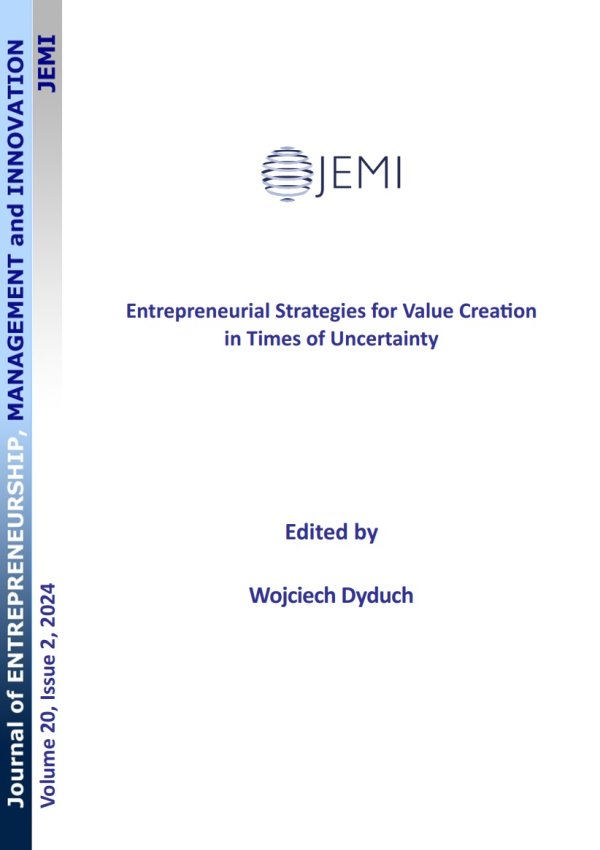Elif Bascavusoglu-Moreau, Ph.D., Centre for Business Research, University of Cambridge, The Judge Business School Building, Trumpington Street, Cambridge, CB2 1AG, This email address is being protected from spambots. You need JavaScript enabled to view it..
Sebastian Kopera, Ph.D., Department of Management in Tourism, Jagiellonian University in Krakow, Kraków, ul. Łojasiewicza4, This email address is being protected from spambots. You need JavaScript enabled to view it..
Ewa Wszendybył-Skulska, Ph.D., Department of Management in Tourism, Jagiellonian University in Krakow, Kraków, ul. Łojasiewicza 4, This email address is being protected from spambots. You need JavaScript enabled to view it..
Abstract
Creativity, innovation and entrepreneurship are slogans that have become an integral part of modern tourism economy. Creativity and innovation of tourism economy as well as the meaning of creativity in tourism business are intensely discussed. Today, creativity is being frequently analyzed as a basic feature of actions performed on a daily basis in terms of both personal and professional life, a feature that every employee is required to possess. It means that employers and, above all, the education system must feel it necessary to develop certain conditions in which human creativity can be shaped, which is understood as a system that enables us to adjust to constantly changing environment and take a risk to apply new solutions to particular problems. The article aims to present the role of creativity in development of innovation in tourism as well as factors that improve it. The analytical part of the article will concentrate on the analysis of, inter alia, two significant groups of creativity determinants: factors related to availability of qualified staff on the local labor market as well as info-structure of tourism businesses.
Keywords: creativity, innovation, IT, cooperation, tourism.






